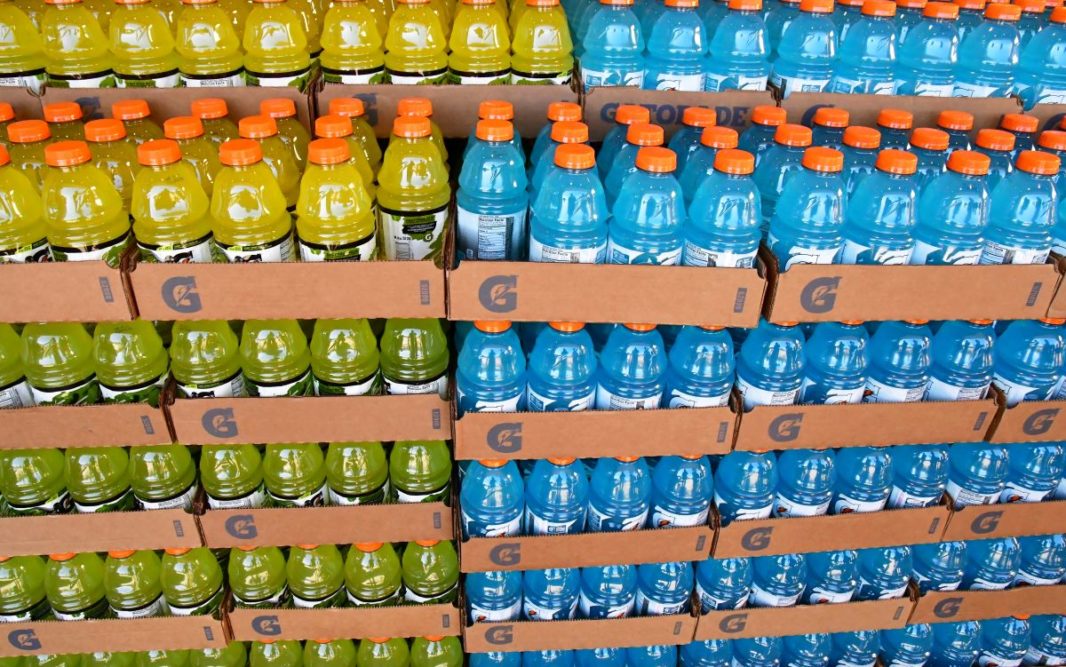PURCHASE, NY. — How consumers have responded to higher prices so far has led PepsiCo, Inc. to change its fiscal-year outlook for organic revenue, increasing growth to 8% from a previous guidance of 6%.
The announcement came April 26 when Purchase-based PepsiCo gave financial results for the first quarter ended March 19. Net income attributable to PepsiCo was $4.26 billion, equal to $3.08 per share on the common stock, which was up from $1.71 billion, or $1.24 per share, in the previous year’s first quarter.
Net revenue increased 9% to $16.20 billion from $14.82 billion. Organic revenue growth was 14% due to both volume growth and price mix realization.
“Clearly, obviously, if you look at Q4 and Q1, the elasticities that we're having in the business are better than historical and better than what we had planned,” said Ramon L. Laguarta, chief executive officer, in an April 26 earnings call. “So that's why we're raising our guidance for the year.”
Consumers are early on in adjusting to the new inflationary environment, he said.
“I think there's going to be more consumer new behaviors adapting to the new realities,” Mr. Laguarta said. “There are going to be channel mixes changes. There's going to be probably packaging mixes changes.”
Net revenue in PepsiCo Beverages North America increased 5.5% to $5.3 billion in the quarter, primarily driven by effective net pricing and increase in organic volume. Divesting in juice businesses last year reduced net revenue growth by 7 percentage points. Unit volume increased 3%. A 7% increase in non-carbonated beverage volume reflected double-digit increases in Gatorade sports drinks and in the water portfolio as well as a high-single-digit increase in the energy portfolio.
Net revenue in Frito-Lay North America increased 14% to $4.84 billion, driven by effective net pricing and organic volume growth. Unit volume grew 1%, primarily reflecting high-single-digit growth in variety packs and mid-single-digit growth in trademark Lay’s, partially offset by a double-digit decline in Sabra joint venture products.
Net revenue in Quaker Foods North increased 11% to $713 million, driven by effective net pricing. Unit volume declined 1.5%, primarily reflecting a double-digit decline in pancake syrups and mixes, a low-single-digit decline in oatmeal, and a mid-single-digit decline in ready-to-eat cereal. Double-digit growth came in rice/pasta sides and trademark Gamesa.
PepsiCo’s international business delivered 15% organic revenue growth.
Charges of $241 million in the quarter related to the Russia-Ukraine conflict. Last year Russia accounted for about 4% of PepsiCo’s total revenue, said Hugh F. Johnston, chief financial officer.
“Obviously, with the current environment, we expect it to be less than that (this year),” he said.
Lockdowns in Shanghai and other parts of China because of COVID-19 impacted consumer behavior, Mr. Laguarta said.
“In general, I would say the in-home consumption is going up,” he said. “There's been some stocking of our food business in the last few weeks, a little bit of lower mobility in the away-from-home channel, which impacted mostly the beverage business.”





